While the terms “teaching” and “pedagogy” are sometimes used synonymously, they differ greatly. While sharing knowledge is the act of teaching, pedagogy is a theory of education. Pedagogy is fundamental to all teaching and learning, and its significance cannot be overstated. The topic matter, the resources available, and the unique needs of each student are all factors in a well-designed educational strategy. It’s a dynamic, ever-evolving method that works in any kind of educational setting. Because it gives teachers a framework for understanding how to impart knowledge to their pupils most effectively, pedagogy is important in both teaching and learning. It considers the various learning requirements and styles.
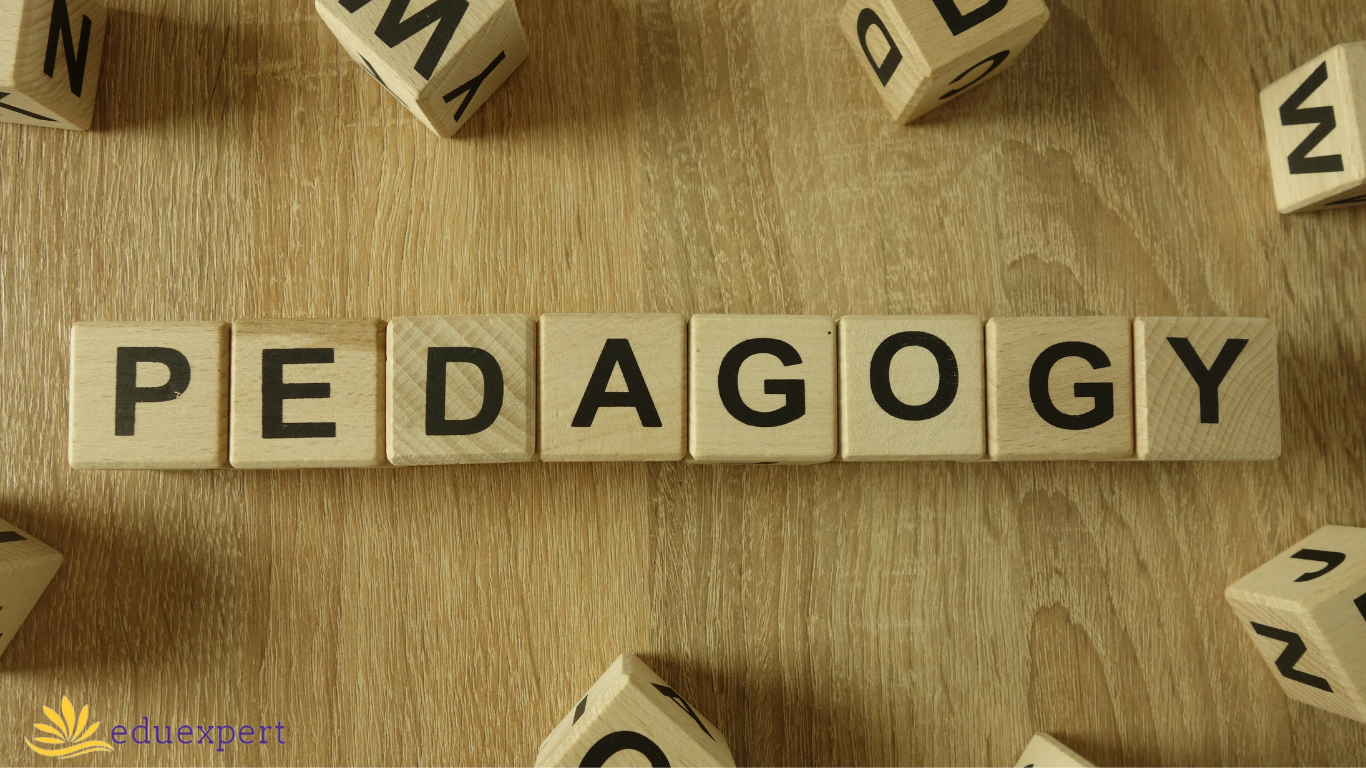
- What is pedagogy?
Pedagogy is the science or practice of teaching in its broadest definition. To be more precise, it refers to the process of teaching pupils in a formal educational environment—like a school—knowledge, skills, and values. There are numerous pedagogical approaches, and neither teachers nor students should be taught using the same strategy. Finding a strategy that works for both you and your students is crucial. Establishing a supportive learning environment is one of the most crucial pedagogical practices. This entails establishing a setting that is participatory, encouraging, and safe. Creating interesting and productive lessons is a key component of education.
- It is important to understand pedagogy if you want to be an effective teacher or learner.
It is important to understand pedagogy if you want to be an effective teacher or learner. Pedagogy is a term that can be used to refer to the science and art of teaching. The word comes from the Greek words ‘pedagogos’ (child) and ‘agogos’ (guide or leader). In its broadest sense, pedagogy encompasses all the methods and approaches used in the process of teaching and learning. Good pedagogy is important because it helps teachers plan and deliver lessons effectively, and it helps learners to engage with the material and make the most of their learning experience. A deep understanding of pedagogy is therefore essential for anyone who wants to be an effective teacher or learner. There are many different pedagogical approaches and strategies, and the most effective teachers and learners are those who are able to draw on a range of different approaches to suit the particular needs of their students or themselves. However, all good pedagogy has certain common features. Firstly, good pedagogy is based on a sound understanding of how learning works. This means that effective teachers and learners are able to identify the key principles and processes that underpin effective learning, and they are able to apply these principles in their teaching and learning activities. Secondly, good pedagogy is student-centered. This means that the needs and preferences of the learner are always placed at the center of the learning process. Effective teachers and learners design their activities and materials with the learner in mind, and they strive to create a learning environment that is conducive to the learner’s individual needs. Thirdly, good pedagogy is engaging. This means that effective teachers and learners are able to create learning experiences that are interesting and enjoyable for their students or themselves. They use a variety of different teaching methods and approaches, and they are always looking for new and innovative ways to engage their students or themselves in the material. Fourthly, good pedagogy is effective. This means that it leads to successful learning outcomes. Effective teachers and learners are able to assess their students’ or their own progress and identify areas where further work is needed. They also provide feedback to their students or themselves on a regular basis, and they adjust their approach if they feel that the students or themselves are not making the progress they should be. Finally, good pedagogy is reflective. This means that effective teachers and learners are always prepared to reflect on their own practice and to learn from their experiences. They are constantly looking for ways to improve their teaching and learning, and they are not afraid to experiment with new ideas. Pedagogy is therefore a complex and multi-faceted field, and it is important to understand it if you want to be an effective teacher or learner. The most successful teachers and learners are those who have a deep understanding of pedagogy.
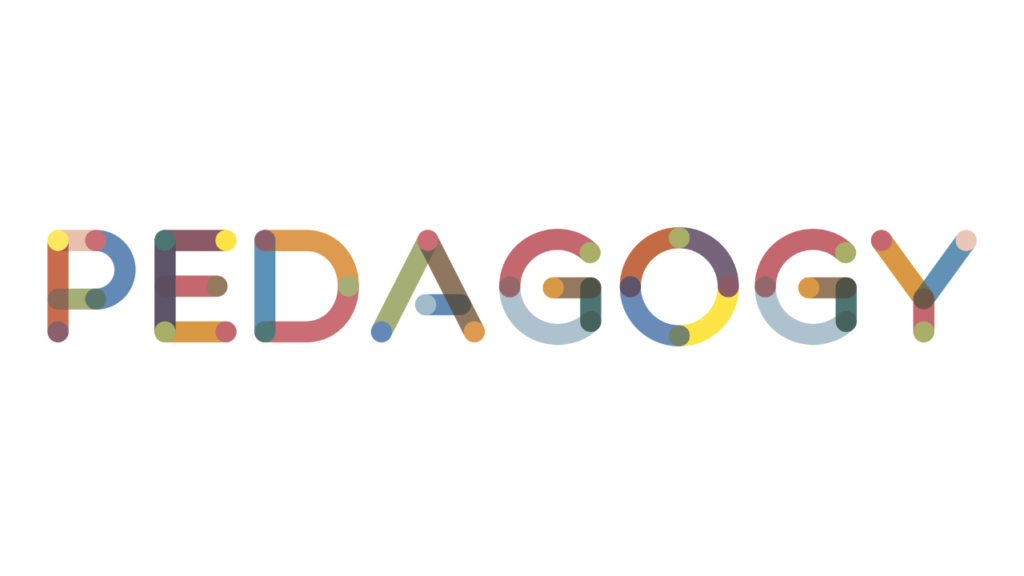
- There are different theories of pedagogy, and each has its own strengths and weaknesses.
Various pedagogical ideas exist, and each has advantages and disadvantages of its own. Constructivism, behaviorism, and cognitivism are the three primary theories. The behaviorist theory holds that all actions are the result of conditioning. Behaviorists contend that the concepts of reward and punishment can account for all forms of behavior. The foundation of this hypothesis is Pavlov’s research, which demonstrated how dogs could be trained to salivate in response to a bell. The cognitive theory holds that all actions are the outcome of mental processes. This theory highlights how crucial it is to comprehend how people interpret information. Jean Piaget is a prominent figure in cognitivism, having carried out innovative studies on cognitive development.
- The most effective pedagogy is likely a combination of different approaches.
The most successful pedagogy is probably a blend of various strategies. This is due to the fact that every student is different and needs a distinct method of instruction in order to succeed. A more individualized learning experience that considers the unique needs of each student is possible when various pedagogies are combined. Among the most well-liked pedagogies that are frequently combined are Reggio Emilia, Waldorf, and Montessori. Every one of these pedagogies has a distinct method for instructing and learning. For instance, Waldorf places a great focus on the arts, whereas Montessori promotes independence. In contrast, Reggio Emilia places a strong emphasis on student-led learning. Finding what works best for your pupils is what matters most.
- Pedagogy is constantly evolving as our understanding of how people learn evolves.
As human learning patterns change, so too does our teaching. We must constantly modify our approaches to make sure that we are giving our pupils the finest education possible since what worked in the past might not work as well in the present. Knowing how individuals learn is one of the most crucial pedagogical concepts. This covers both what they learn and the process by which they learn it. Do lectures provide the finest learning opportunities for them? Collaborating with teams? Engaging in practical tasks? Since every person learns differently, it’s critical to customize our training for each student. We need to grasp the material we are teaching in addition to how individuals learn. It must be possible for us to divide it into digestible chunks and explain it to kids in a way that they can comprehend. We also need to be prepared to respond to any queries that pupils might have. Today’s pedagogy is always changing along with our understanding of how individuals learn. We can make sure that our pupils are receiving the most education possible by having a thorough understanding of both the material we are teaching and how individuals learn.
- There is no one right way to do pedagogy, but there are many wrong ways.
While there is no one correct way to teach, there are numerous incorrect approaches. The incorrect approach is to believe that there is a one-size-fits-all pedagogical method or magic bullet. It’s just not true. Since every student learns differently, an approach that works for one may not work for another. Experimentation and being willing to try different ideas are the best ways to determine what works for a specific kid. Believing that every kid learns in the same way is one of the most frequent errors made by educators. It’s just not true. Since every learner is unique, they all have different learning preferences. A few pupils are visual. Some students, however, learn best by doing things themselves since they are kinesthetic learners. The best way to meet the needs of every student is to be adaptable and employ a range of teaching strategies. Another common error made by educators is to think that the subject matter they are teaching is more significant than the method. This is a risky way of thinking since it can make learning and critical thinking less important and more like drill and rote memory. Emphasizing both the learning process and the material is the best method to make sure your pupils are learning.
- The best way to learn about pedagogy is to experiment and find what works best for you.
The questions of what pedagogy is and how to learn about it effectively are not easily answered. Educators differ in their perspectives, and what works well for one may not be suitable for another. Finding what works best for you through experimentation is the best approach to learn about education. Maintaining a teaching journal is one way to try out various pedagogical strategies. After every lesson, consider what worked well and what may be done better. Were there any specific tasks that your pupils appeared to be enjoying? Did they become disinterested at any time during the lesson? Additionally, you can experiment with various methods on a group of eager learners. Get their opinion on what went well and what needs to be improved. You can get honest feedback from your students about what works and what doesn’t by doing this. Numerous pedagogy books and articles are also available to provide you with a variety of ideas to test out. Investigate and observe what other people are doing. See what other instructors have discovered to be successful by speaking with them. Finding what works best for you through experimentation is the best approach to learning about education. No single solution works for everyone. Try out various methods and ask your pupils for input. Look at what other people are doing. Above all, as an educator, never stop learning and developing. Although the term “pedagogy” is frequently used in academic contexts, its definition is not always apparent. Pedagogy is the art or science of teaching, as well as the technique and practice of teaching. The name is derived from the Greek word pedagogos, which translates to “child leader.” The term “pedagogy” can refer to both informal and formal learning situations, despite its common association with formal education. Pedagogy includes how teachers plan and conduct their lessons, as well as how students interact with and absorb the information. It is impossible to overstate the significance of pedagogy in education. A successful or unpleasant learning experience can be determined by an effective pedagogical strategy.
Reference: Brown HD. Teaching by Principles: An Interactive Approach to Language Pedagogy. TESOL Quarterly.2001; 35(2):341.doi10.2307/3587655
SHIMU JAHAN
Daffodil Institute of IT
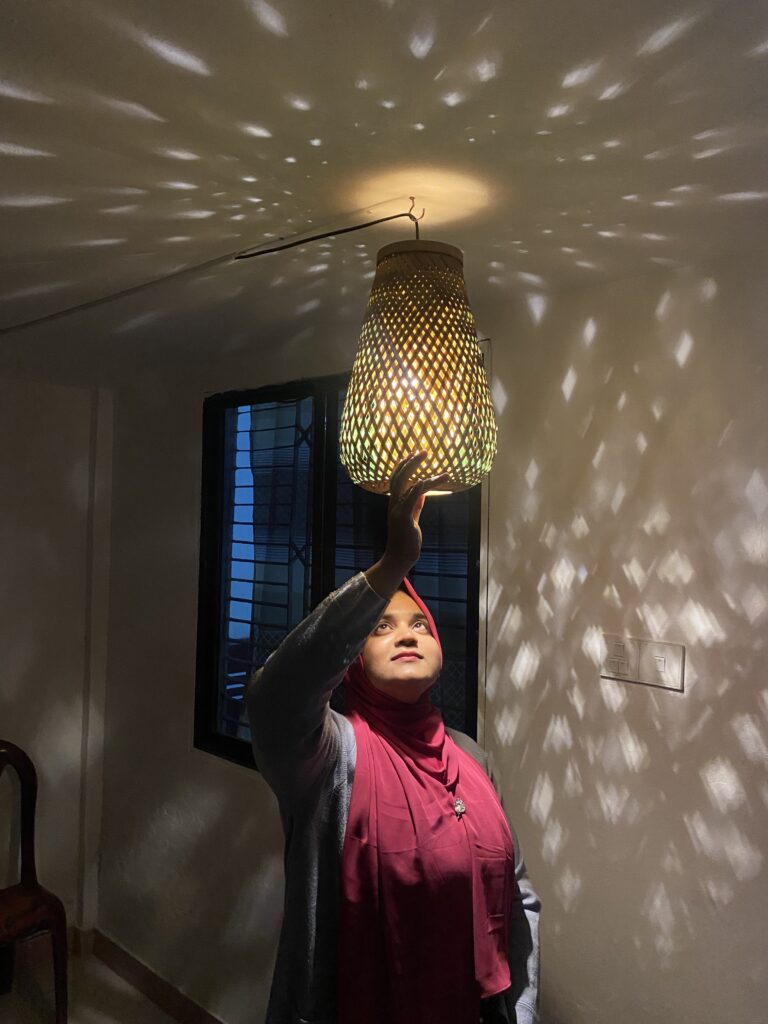


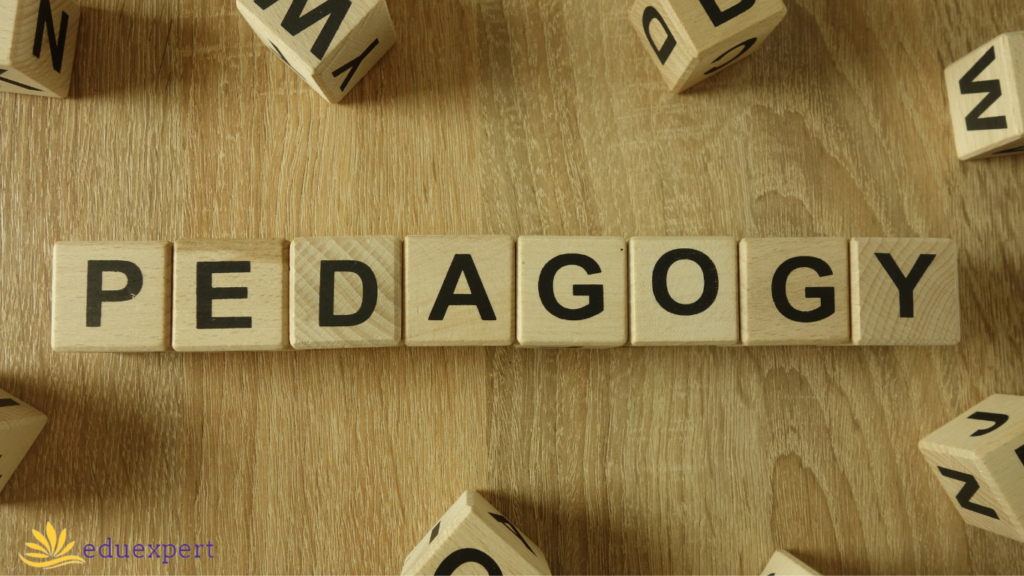
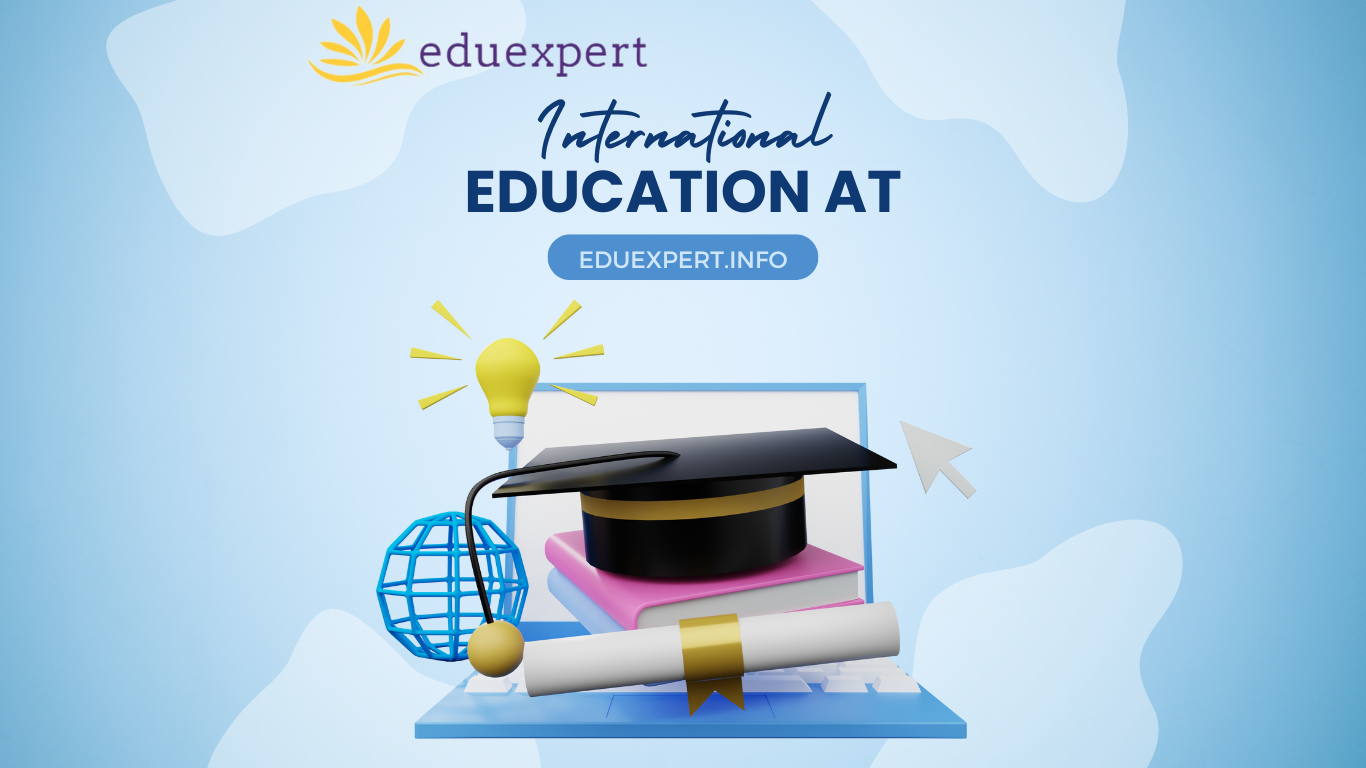


3 thoughts on “What does “Pedagogy” mean? Significance and Uses of Pedagogy In Teaching and Learning”
Amazing sir
Master piece ♥️♥️
Pingback: How to Study Abroad from Bangladesh: A Complete Guide - eduexpert.info